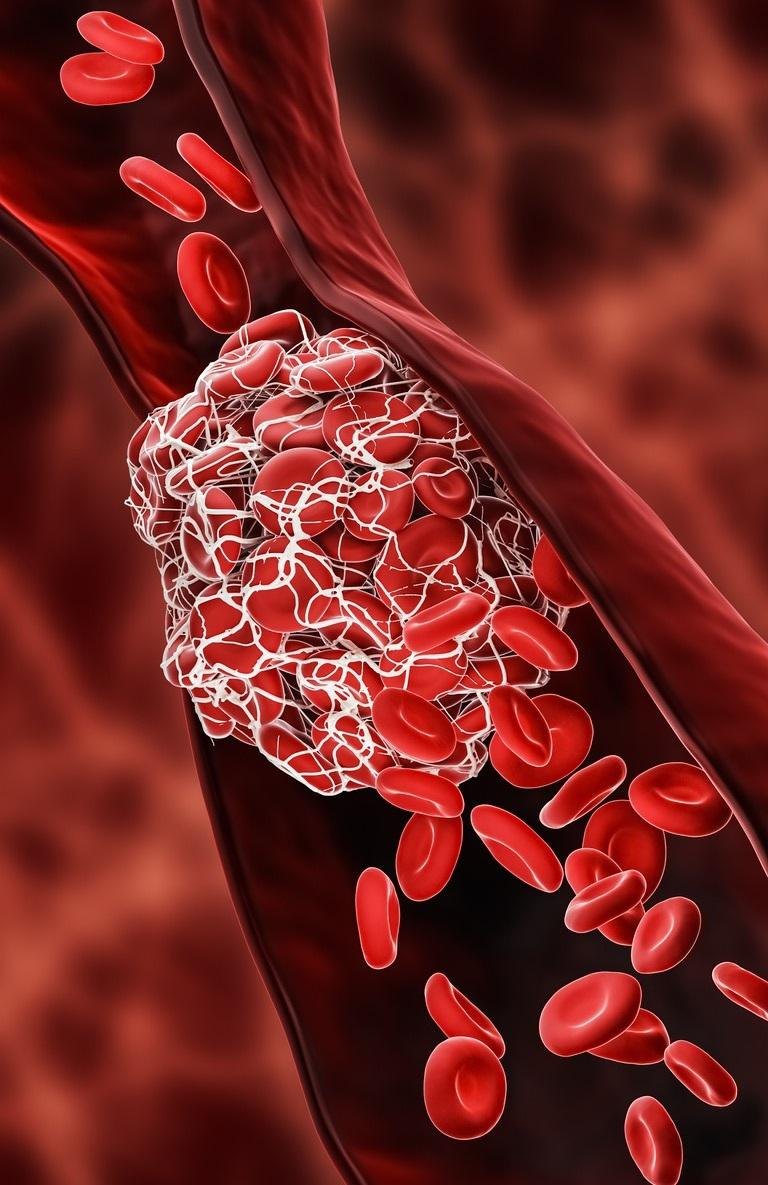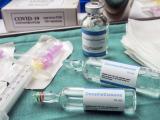A large European study published in Heart suggests that COVID-19 vaccines reduce the risk of heart failure and blood clots in veins or arteries for at least 6 months after SARS-CoV-2 infection.
University of Oxford investigators conducted a staggered cohort study using the electronic health records of 10.2 million vaccinated and 10.4 million unvaccinated COVID-naïve people based on national COVID-19 vaccination campaigns in the United Kingdom, Spain, and Estonia from January to July 2021.
The study period was dominated by the Alpha and then Delta variants. Participants included adults of all ages and those at high risk for poor COVID-19 outcomes.
Untangling risks of infection, vaccination
The study, which used vaccination as the time-varying exposure, included all COVID-19 vaccines available in Europe during the study period: AstraZeneca/Oxford, Pfizer/BioNTech, Johnson & Johnson (J&J), and Moderna.
Study outcomes of interest were ischemic stroke (IS), hemorrhagic stroke, transient ischemic attack (TIA), ventricular arrhythmia/cardiac arrest, myocarditis/pericarditis, myocardial infarction (MI, or heart attack), heart failure (HF), pulmonary embolism (PE), and deep vein thrombosis (DVT). Venous thromboembolism (VTE) was used as an aggregate of PE and DVT, and arterial thrombosis/thromboembolism (ATE) was a composite of IS, TIA, and MI.
While COVID-19 vaccines have proven effective against infection, hospitalization, and death, there have been reports of unusual blood clots after receipt of adenovirus-based COVID-19 vaccines (AstraZeneca and J&J), the authors noted, adding that a link was found between mRNA vaccines (Pfizer and Moderna) and a small risk of myocarditis.
"On the other hand, SARS-CoV-2 infection can trigger cardiac and thromboembolic complications," they wrote. "Previous studies showed that, while slowly decreasing over time, the risk for serious complications remain high for up to a year after infection."
Also, the risk of clots and myocarditis, which is inflammation of the heart muscle, is much higher after COVID-19 infection than after vaccination.
72% risk reduction against VTE at 3 or 6 months
COVID vaccine effectiveness against HF, VTE, and ATE was 22%, 53%, and 45%, respectively, in the month after SARS-CoV-2 infection and 53%, 72%, and 61% at 3 to 6 months. A comparison of the Pfizer and AstraZeneca COVID-19 vaccines suggested a larger reduction in VTE from the former in the first month after vaccination, but no other differences were noted.
COVID-19 vaccination reduced the risk of post-COVID-19 cardiac and thromboembolic outcomes. These effects were more pronounced for acute COVID-19 outcomes, consistent with known reductions in disease severity following breakthrough versus unvaccinated SARS-CoV-2 infection.
"COVID-19 vaccination reduced the risk of post-COVID-19 cardiac and thromboembolic outcomes," the study authors wrote. "These effects were more pronounced for acute COVID-19 outcomes, consistent with known reductions in disease severity following breakthrough versus unvaccinated SARS-CoV-2 infection."
They called for future research on the additive effect of COVID-19 vaccination on the risk of post-vaccine and/or post-COVID cardiac events and blood clots as well as possible waning of protection over time and with emerging variants and the effect of booster doses.





















